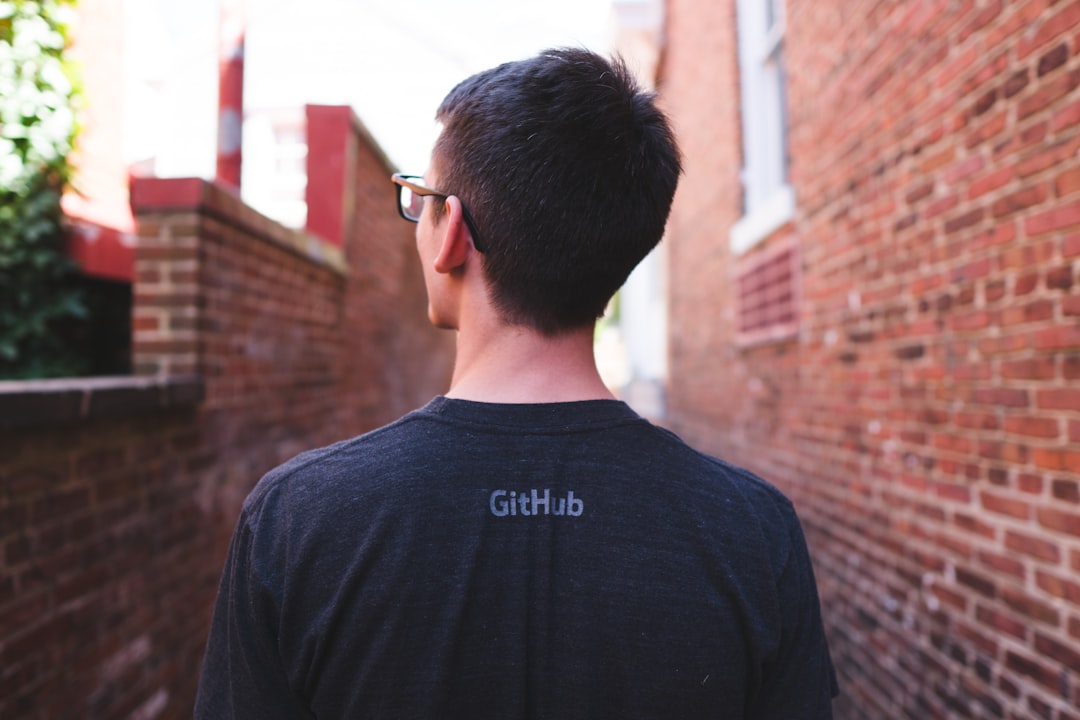238 reads
DMCA Notices Took Down 14,320 Github Projects in 2019
by
June 19th, 2020
Dedicated to bringing the latest file-sharing and copyright news to your desktop, 365
About Author
Dedicated to bringing the latest file-sharing and copyright news to your desktop, 365
